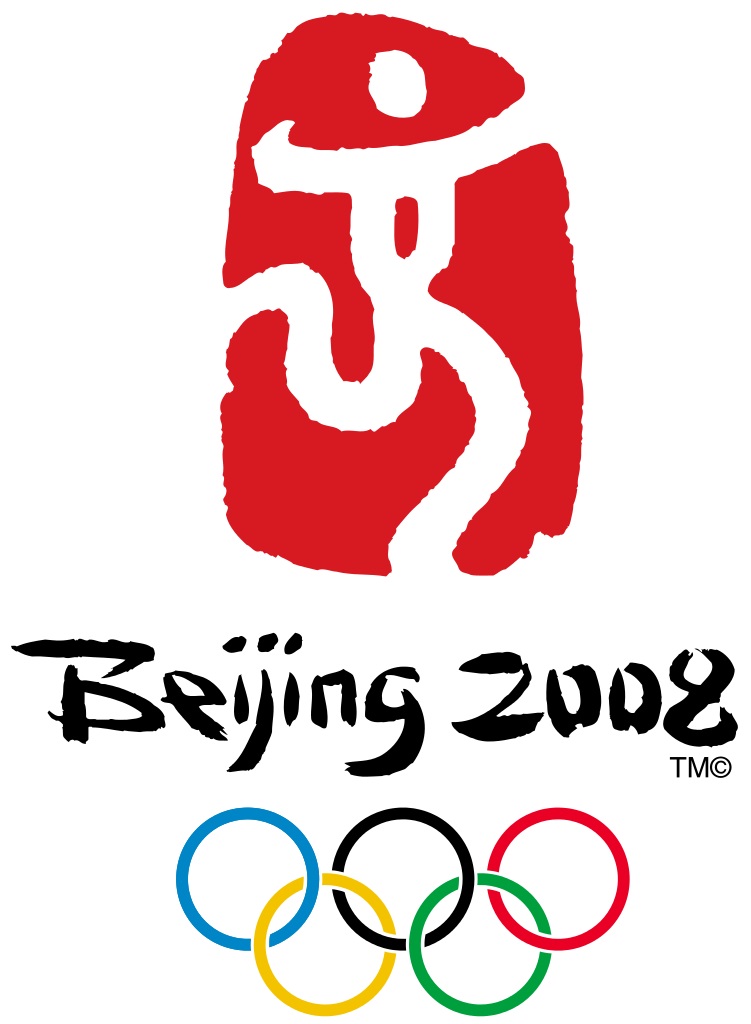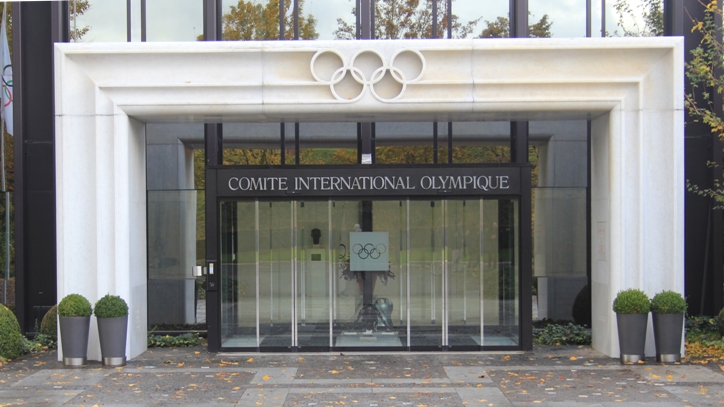 Up to 31 athletes from 12 countries could be banned from the Rio Olympics for doping after new tests on samples from the 2008 Beijing Games, the International Olympic Committee (IOC) said Tuesday.
Up to 31 athletes from 12 countries could be banned from the Rio Olympics for doping after new tests on samples from the 2008 Beijing Games, the International Olympic Committee (IOC) said Tuesday.
The 31 were caught in new tests on 454 Beijing samples using “the very latest scientific analysis methods,” the International Olympic Committee said.
The re-examination was part of widespread measures taken by sporting bodies after a wave of new doping scandals to hit international sport with Russia at the centre.
Results from 250 retests on samples taken at the 2012 London Games are due “shortly” and mean the failures could increase.
The IOC has also ordered that samples from the 2014 Sochi Winter Olympics be retested following allegations that the Russian city’s anti-doping laboratory was “subverted” to help Russian athletes.
“All these measures are a powerful strike against the cheats we do not allow to win,” IOC president Thomas Bach said.
“They show once again that dopers have no place to hide.”
The suspect athletes from the Beijing Games took part in six sports, but none were named by the IOC which issued a statement after an executive board meeting in Lausanne.
The board “agreed unanimously to initiate proceedings immediately,” said the statement and the 12 national Olympic committees involved would be informed within days.
“All those athletes infringing anti-doping rules will be banned from competing at the Olympic Games Rio 2016,” the IOC declared.
The results of new examinations on 250 samples taken at the London Games are due “shortly” and mean the total failures could increase.
More than 5,000 tests were carried out in London, according to IOC figures.
About 4,000 tests were carried out in Beijing. Just after the Games, the IOC re-examined nearly 1,000 with a new test for the blood-boosting drug CERA. The 1500m men’s champion Rashid Ramzi of Bahrain was among five athletes caught.
The IOC also warned that it will start “a wider re-testing programme of medalists from Beijing and London. The samples of athletes who could be awarded medals following the disqualification of others will also be retested.”
Reacting in a statement on Twitter, European Athletics chief Svein Arne Hansen said “it is never too late to correct the mistakes of the past and to ensure clean athletes are rightfully rewarded.”
The IOC board demanded that the World Anti-Doping Agency (WADA) start “a fully fledged investigation” into allegations that testing at the Sochi laboratory was subverted by Russia’s secret services and sportsministry.
Russian authorities have strongly denied any wrongdoing, but IOC president Thomas Bach called the allegations against the Sochi laboratory “worrying”.
The IOC said Sochi samples will be re-examined at the Lausanne anti-doping laboratory, where they are stored for 10 years.
“We keep samples for 10 years so that the cheats know that they can never rest,” said IOC president Thomas Bach.
Bach called the new measures “another major step to protect the clean athletes irrespective of any sport or any nation.”
The IOC said it would take “swift action” following the result of WADA’s investigation into the allegations against the Sochi laboratory.
Russia is already battling to get its track and field athletes back into the International Association of Athletics Federations (IAAF) so that they can take part in the Rio de Janeiro Games.
The IAAF suspended Russia over what WADA called a “state-sponsored” doping regime. It is to decide on Russia’s case on June 11.
Sports Minister Vitaly Mutko apologised for the athletes actions in a commentary published on Sunday. “Let us be clear. We are ashamed of them,” he said.
But Mutko, the Kremlin and other officials have strongly objected to the latest accusations over the Sochi laboratory.
A New York Times report based on information from the former head of Russia’s anti-doping laboratory, Grigory Rodchenkov, claimed that dozens of athletes including 15 medallists were involved in the Sochi subterfuge.
Kremlin spokesman Dmitry Peskov called the allegations “the slander of a defector”. Rodchenkov is currently in hiding in the United States. – Agence France-Presse
































